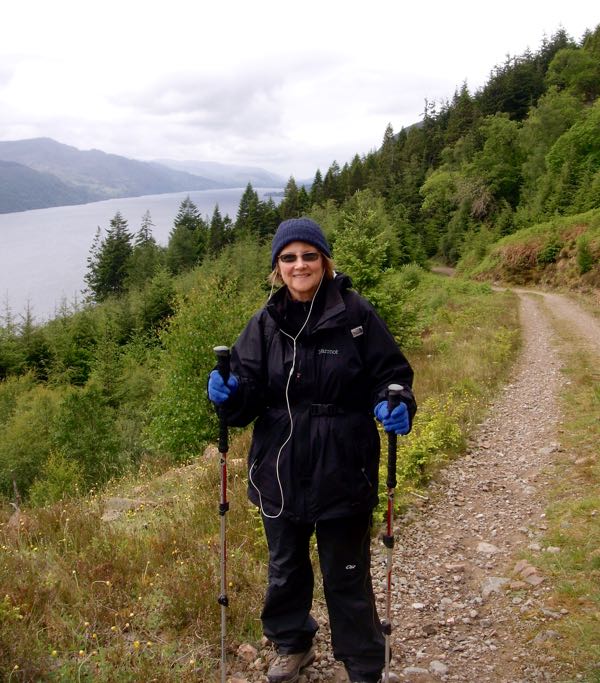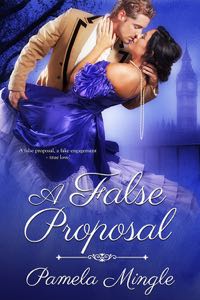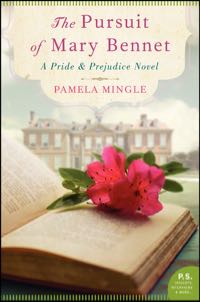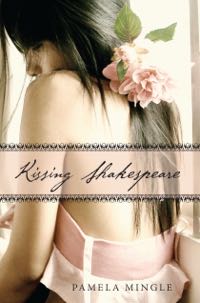I began writing after a career in teaching—
a profession that puts more physical demands on you than you might imagine.
You are on your feet all day, teaching and trying to keep up with active children. I often came home exhausted.
Writing has had a different set of challenges. My biggest ones have centered around my eyes. If I’m not writing, I’m reading, and the eye strain wears as the day goes on.
The climate of Colorado doesn’t help. The low humidity, especially in the winter months, aggravates my eyes to the point of significant discomfort. I’ve suffered through various treatments, none of which has been entirely successful. I also have the usual problems associated with repetitive motion and sitting for long periods at a time.

I Feel Better After a Long Walk
I haven’t yet found a solution to the dry-eye problem, but this winter my husband and I are going to try to relocate for a month to someplace with higher humidity and see if that makes a difference.
To combat all the sitting, I have significantly increased my daily exercise, which has helped physically as well as mentally. I feel better—and sharper— after a long walk or a trip to the gym.
And my new Fitbit has really helped me keep on track!

I Thought Self-Doubt Would Go Away After Getting My First Book Published
Without a doubt it is the continuing stream of self-doubt [that is the biggest emotional challenge of being a writer], brought on by various aspects of being a writer: rejection, reviews, comparing yourself to other writers, for example.
I thought this would go away after getting my first book published. But it didn’t. Writers seem to be constantly on the verge of believing their career is just about to collapse!
It’s so strange how the mind works. You can read ten reviews, nine of them good and one bad, and all you remember is the bad one. And of course, you WILL get multiple rejections first from agents and then from editors.
As for reviews, some authors won’t read them at all. I’ve certainly moderated my consumption of reviews and have learned over time that even the most successful authors get their share of nasty ones.
Talking with my husband and my writing friends has been a tremendous help. It’s like grieving. You aren’t going to let it go until you get it out.
Getting Past the “Dark” Years Requires a Lot of Patience
Looking back, I don’t see one particular dark moment. Rather, years of struggle in which I wondered when there might be some success—even just a little.
I worked on my craft for nine years before Kissing Shakespeare, my first book, was published (and I have three “practice” novels sitting on the shelf to prove it!). For me, getting past these “dark” years required a lot of patience and perseverance.
It also required a sense of perspective. Writing has been only a part of my life. The world is a beautiful place; my family always loved and believed in me—even if editors didn’t yet.
You Won’t Keep Writing Unless You Love It
You aren’t going to be able to stay with writing unless you truly love it. And I have loved it all—working out the story, doing the research, and making my characters come alive.
Recognition, when it finally comes, is great, but it’s not enough to get you through if you don’t love the actual process of creating a story. That’s not to say it’s always fun—it can be pure drudgery when the words or ideas aren’t flowing.
Advice for a Young Writer: There Are No Shortcuts
The answer is that, for almost everyone, there are no shortcuts and patience should be your constant companion.
When I get inquiries from aspiring writers, I always ask them what they’ve done so far. Have they gone to any writing conferences or workshops? Have they entered any writing contests? Are they in a writing critique group, or do they have a objective and knowledgeable reader with whom they can share their work? (Family members don’t count!)
These are necessary steps before you even think about sending a query letter to an agent or a manuscript to an editor. If you haven’t taken these steps, you are setting yourself up for a lot of rejection.
* * *
Pamela Mingle has spent much of her professional life in libraries and classrooms. With a lot of persistence and a little luck, she’s found a new career as a writer. She is the author of A False Proposal, The Pursuit of Mary Bennet, and Kissing Shakespeare, a young adult time travel romance. A self-proclaimed Janeite, Pam is Regional Coordinator for the Denver/Boulder region of the Jane Austen Society of North America (JASNA).
Pam lives and works in Lakewood, Colorado. On trips to England, she and her husband enjoy walking from one town to the next. While those long treks have often been challenging, they’ve proved to be a wonderful way to discover new settings for her books.
To find out more about Pam and her work, please see her website, or connect with her on Twitter and Facebook.
 A False Proposal: London 1812—War hero Adam Grey returns home with a burning ambition to run for Parliament. But he needs the support of the local baronet, who controls the seat. Adam’s plans are thwarted by his dissolute father, who has promised him to the baronet’s daughter in return for forgiveness of his debts. Adam wants nothing to do with marriage or his father’s problems, so he fakes an engagement to Cass Linford—his best friend’s sister.
A False Proposal: London 1812—War hero Adam Grey returns home with a burning ambition to run for Parliament. But he needs the support of the local baronet, who controls the seat. Adam’s plans are thwarted by his dissolute father, who has promised him to the baronet’s daughter in return for forgiveness of his debts. Adam wants nothing to do with marriage or his father’s problems, so he fakes an engagement to Cass Linford—his best friend’s sister.
Cass has been through hell since she last saw Adam. Her betrothed committed suicide, forcing her to withdraw from London society. Heartbroken, she’s given up on marriage. So when Adam suggests a temporary engagement, she agrees. He needs help with his campaign, and Cass can’t resist his charm or the chance to be involved in politics.
It all seems so easy, until she finds herself falling in love with her fake fiancé.
Available at Entangled Publishing, Barnes & Noble, and Amazon.
 The Pursuit of Mary Bennett: For most of her life, Mary, the serious and unpolished third daughter of the Bennet family, has been overshadowed by her sisters.
The Pursuit of Mary Bennett: For most of her life, Mary, the serious and unpolished third daughter of the Bennet family, has been overshadowed by her sisters.
When she meets Henry Walsh, Charles Bingley’s handsome and eligible friend, she finds his attentions confounding.
With her heart and her future at risk, Mary must throw caution to the wind and begin a journey of discovery that will teach her surprising lessons about herself and the desires of her heart.
Available at IndieBound, Barnes & Noble, and Amazon.
 Kissing Shakespeare: Miranda is a budding Shakespearean actor, but her confidence has been shaken by a poor performance in The Taming of the Shrew.
Kissing Shakespeare: Miranda is a budding Shakespearean actor, but her confidence has been shaken by a poor performance in The Taming of the Shrew.
When fellow cast member Stephen Langford steps out of the shadows and asks if she’d like to meet Shakespeare, Miranda thinks he’s crazy. Before she can object, Stephen whisks them back to the 16th century, where they go on a quest to help Shakespeare find his true destiny.
Kissing Shakespeare is a novel of romance, secret alliances, blackmail–and a little bit of magic.
Available at Indiebound, Barnes & Noble, and Amazon.


Pam, this is a great feature that so accurately lays out the writing journey. You’re right that you have to love it to succeed, and you have certainly succeeded in a big way. Thanks for the inspirational words of advice.